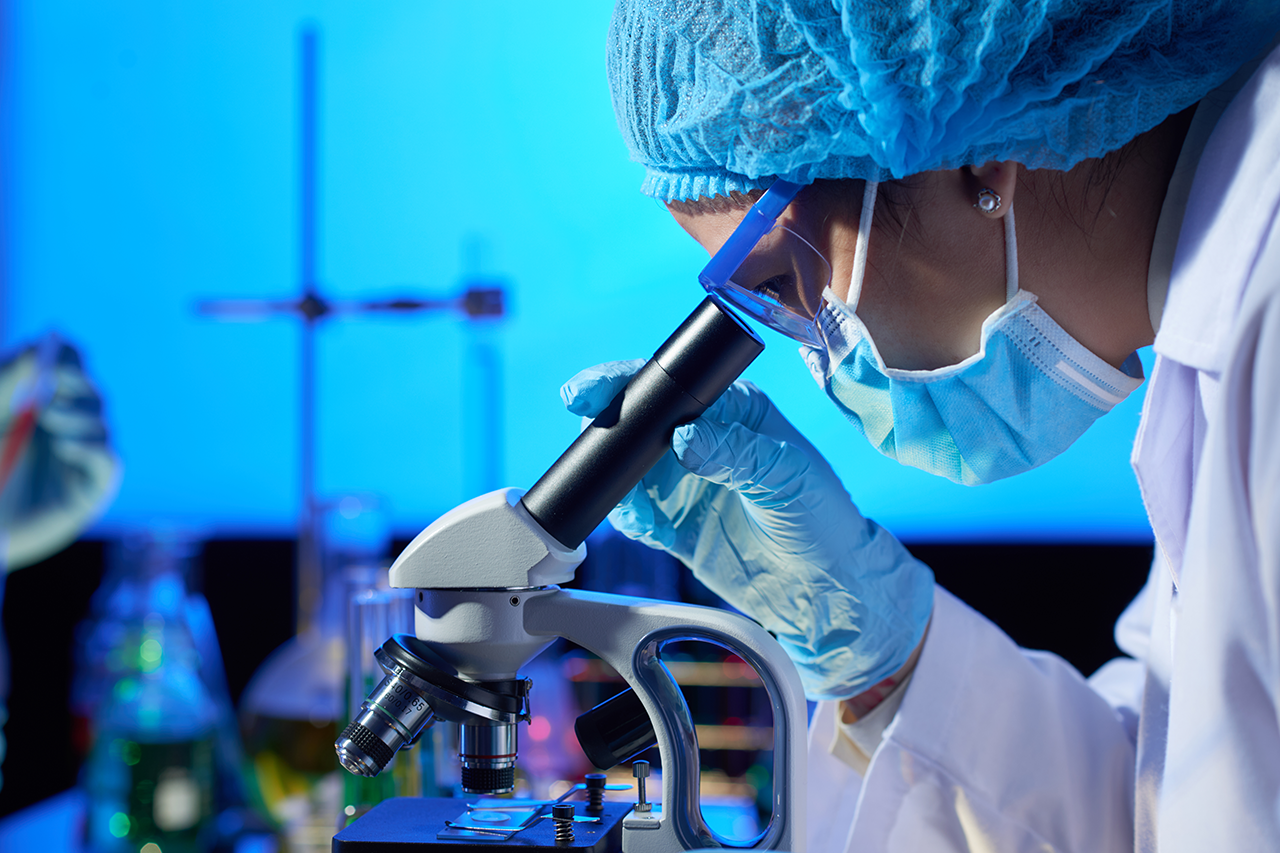
The Bachelor of Science in Biotechnology program is tailored to provide students with a comprehensive understanding of the application of biological principles in the development of technological solutions. The curriculum encompasses a diverse range of subjects, including molecular biology, genetics, biochemistry, and microbiology. Core courses lay the groundwork by exploring fundamental biological concepts, while specialized studies in biotechnology focus on the manipulation of living organisms at the molecular and cellular levels. Practical application is a central component of the program, with hands-on laboratory work and research projects allowing students to develop proficiency in techniques such as genetic engineering, recombinant DNA technology, and protein expression. The program integrates the use of cutting-edge biotechnological tools and methodologies, preparing students for the dynamic and rapidly evolving field. The curriculum also addresses ethical considerations and regulatory aspects relevant to biotechnology, emphasizing responsible scientific practices. Students explore the societal implications of biotechnological advancements, including their impact on healthcare, agriculture, and the environment. Internship opportunities and collaborations with industry partners provide students with real-world exposure, bridging the gap between academic learning and industry applications. Graduates of the B.Sc. Biotechnology program are well-prepared for careers in biopharmaceuticals, genetic engineering, environmental biotechnology, and other innovative sectors at the intersection of biology and technology. The program equips students not only with a strong scientific foundation but also with the critical thinking and problem-solving skills necessary for success in the dynamic field of biotechnology.